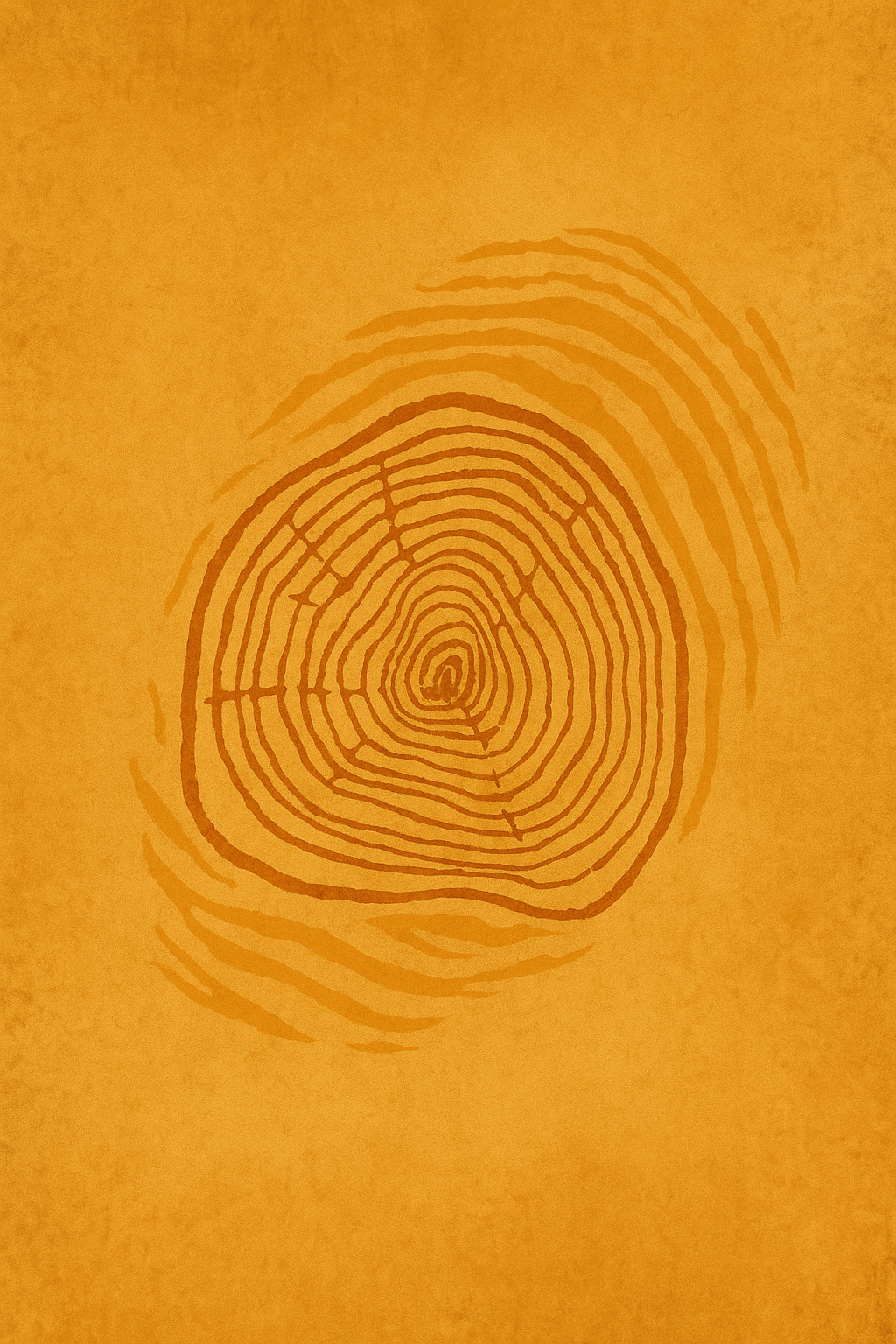Turning the World of Psychology Upside Down
The Power of Embodied Cognition
By Nathan Blair
Recent advancements in psychology and science are reshaping our understanding of the human organism, offering profound insights for body-oriented coaches and educators. These developments challenge long-standing assumptions about the relationship between the body and mind, ushering in new paradigms like Embodied, Enacted, Embedded and Extended Cognition.
The Historical Divide: Mind vs. Body
For centuries, Western philosophy has been shaped by the Cartesian dualism introduced by René Descartes in the 17th century. His famous conclusion that "there is nothing included in the concept of the body that belongs to the mind; and nothing in that of mind that belongs to the body" created a rigid conceptual divide. The body was viewed as a mechanical vessel for the mind, while the mind was seen as an ethereal, disembodied entity.
At that time, investigators lacked the tools to explore the intricate connections between the brain and body. The notion of "embodied intelligence" would have seemed incomprehensible. Yet, this dualistic framework dominated Western thought for centuries, shaping not only our scientific pursuits but also cultural and educational paradigms.
Embodied Cognition: A Paradigm Shift
The academic field of Embodied Cognition, emerging prominently in the late 20th century, challenges the mind-body separation. It posits that our understanding, perception, and cognition are fundamentally shaped by the fact that we inhabit human bodies. The body is not just a vehicle for the brain; it is an integral component of how we think, feel, and act.
George Lakoff and Mark Johnson, pioneers in this field, argue that even abstract concepts are deeply rooted in the physicality of the body. For instance, linguistic metaphors often arise from bodily experiences. Consider how mathematical concepts like counting are historically tied to the ten digits of the human hand. Similarly, expressions like “grasping an idea” or “carrying a burden” reflect the inseparability of physical and cognitive experience.
Systems Theory and Embodiment
Embodied Cognition also draws from Systems Theory, which describes how interconnected elements of a system interact to create coherence and integration. In humans, the interplay between neural networks, physiological processes, emotional states, and environmental interactions forms a dynamic, unified whole.
This perspective dismantles the brain-body dichotomy, proposing instead that our cognition is distributed across bodily processes and environmental contexts. For instance, research in affective neuroscience reveals how emotions are not just brain phenomena but are regulated and experienced through bodily systems, such as the autonomic nervous system and hormonal pathways.
Implications for Body-Oriented Coaches
For body-oriented coaches, the principles of Embodied Cognition offer invaluable tools for understanding and facilitating personal growth. Recognizing that the body shapes perception, emotion, and thought can inform practices such as:
- Working with Metaphors: Exploring clients' language to uncover embodied patterns of thinking. For instance, a client who describes "carrying the weight of the world" may benefit from somatic practices to address physical tension and stress.
- Somatic Awareness: Helping clients tune into their bodily sensations can enhance emotional regulation and self-awareness.
- Dynamic Systems Approach: Viewing clients as integrated systems enables a more holistic approach to coaching, addressing physical, emotional, and cognitive dimensions simultaneously.
A Unified Human Experience
The field of Embodied Cognition underscores a fundamental truth: we are not minds housed in bodies but whole beings whose mental and physical processes are inextricably linked. This perspective not only enriches the practice of body-oriented coaching but also holds transformative potential for education, healthcare, and personal development.
As science continues to explore the connections between the body and mind, the evidence grows: our lived, embodied experience is central to who we are and how we navigate the world. For coaches, educators, and anyone invested in human potential, embracing this truth offers a pathway to deeper insight, connection, and growth.













